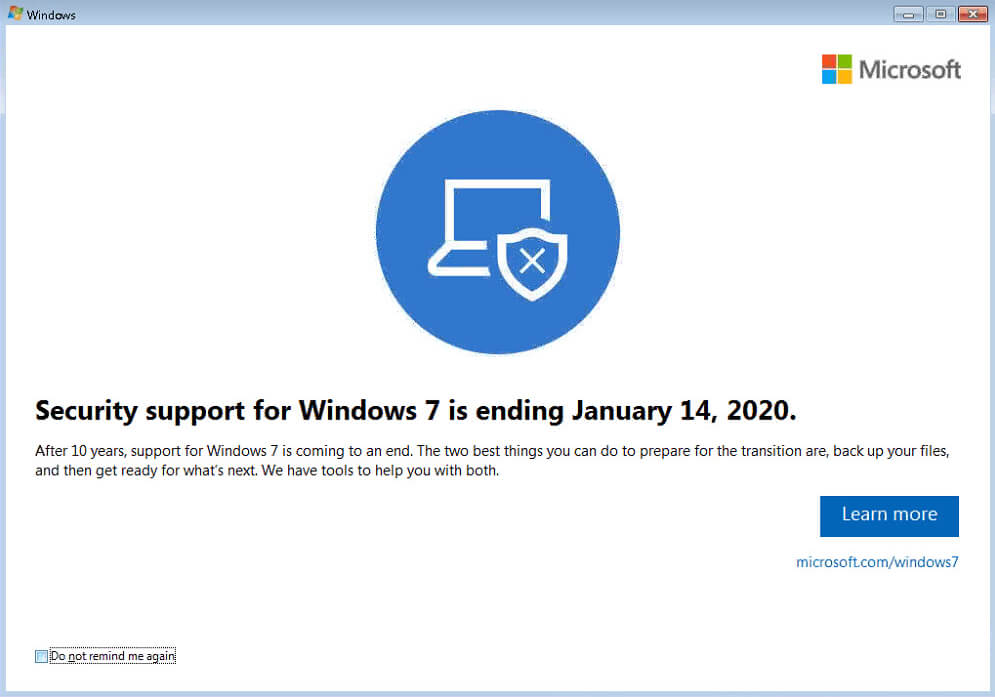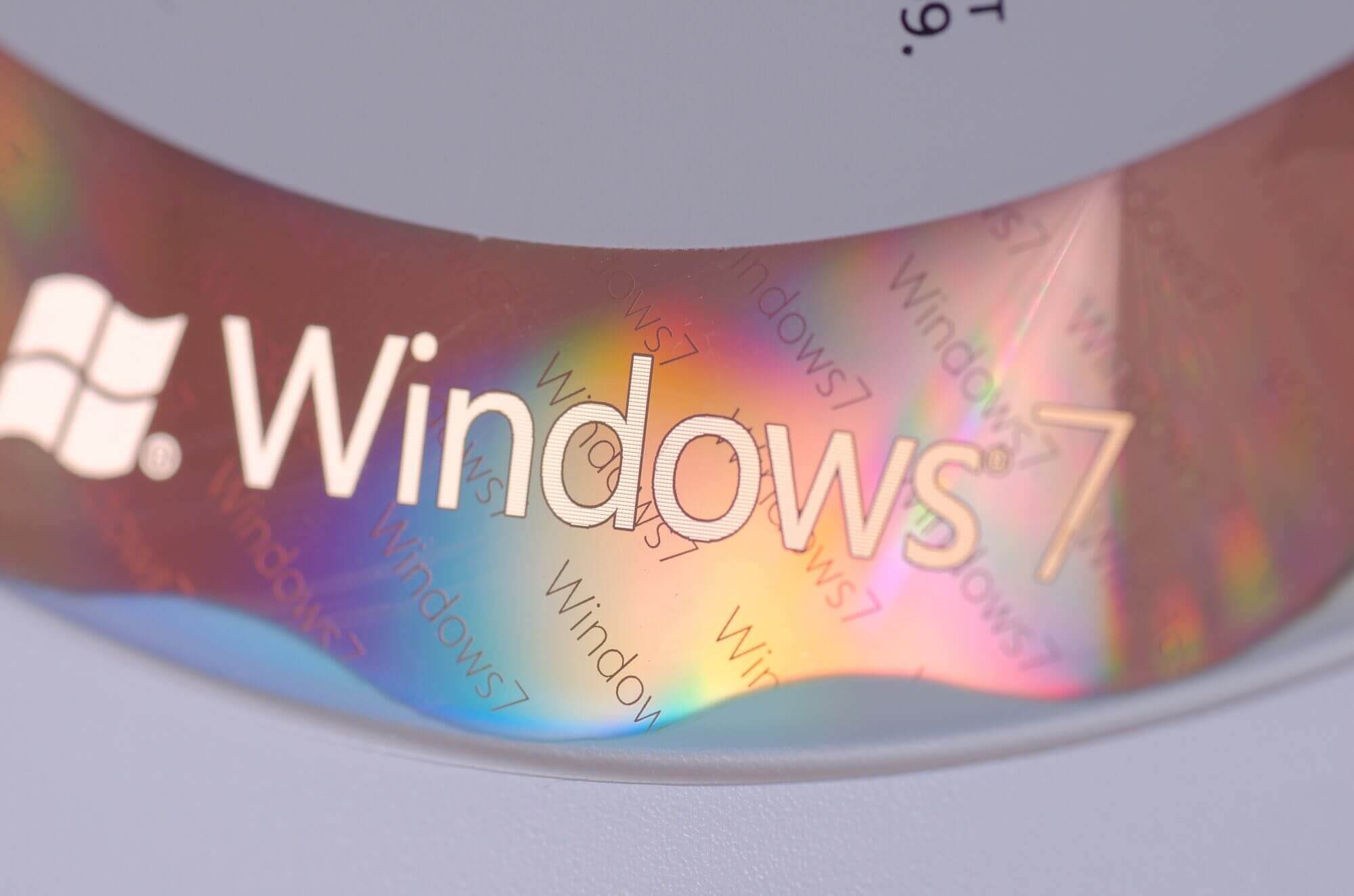Why it matters: Given that Microsoft's support for Windows 7 is ending today, consumer PCs running the old operating system are left increasingly vulnerable to cyber attacks as newly discovered security loopholes and exploits will no longer be patched. It's why the UK's National Cyber Security Centre (NCSC) has issued a warning, urging users to update their devices and replace unsupported ones, while refraining from using them for emails, internet banking and accessing other sensitive accounts.
For many people, Windows 7 remains the OS of choice for daily computing. However, the software is hitting its official end-of-life status today, meaning no more security patches or technical assistance from Microsoft going forward, unless you're an enterprise customer paying for the company's Extended Security Update program, which itself will last till January 2023.
Considering that Windows 7 still has over 440 million users worldwide, the National Cyber Security Centre (NCSC), part of the UK Government Communications Headquarters (GCHQ), has issued a public warning encouraging people to "upgrade devices currently running Windows 7, allowing them to continue receiving software updates which help protect their devices."
According to The Telegraph, the intelligence agency has urged such users to "replace unsupported devices as soon as possible, to move sensitive data to a supported device and not to use them for tasks like accessing bank and other sensitive accounts." adding that "they should also consider accessing email from a different device."
PCs running an unpatched or out of support operating system become a prime target for malicious attackers and are at a greater risk of falling victim to WannaCry-like malware, making it "crucial to move away from them as quickly as possible."

Microsoft has also repeatedly notified Windows 7 users of the OS's impending end-of-life, and the company will be displaying full-screen Windows 10 upgrade prompts this month in the hope of getting users to make the switch.
Nevertheless, the decade-old OS still commands a respectable market share that's hard to ignore, even for Microsoft. The company will be supporting its Chromium-based Edge browser on Windows 7 for at least 18 more months, following a similar announcement made last week by Google for its popular Chrome browser.
